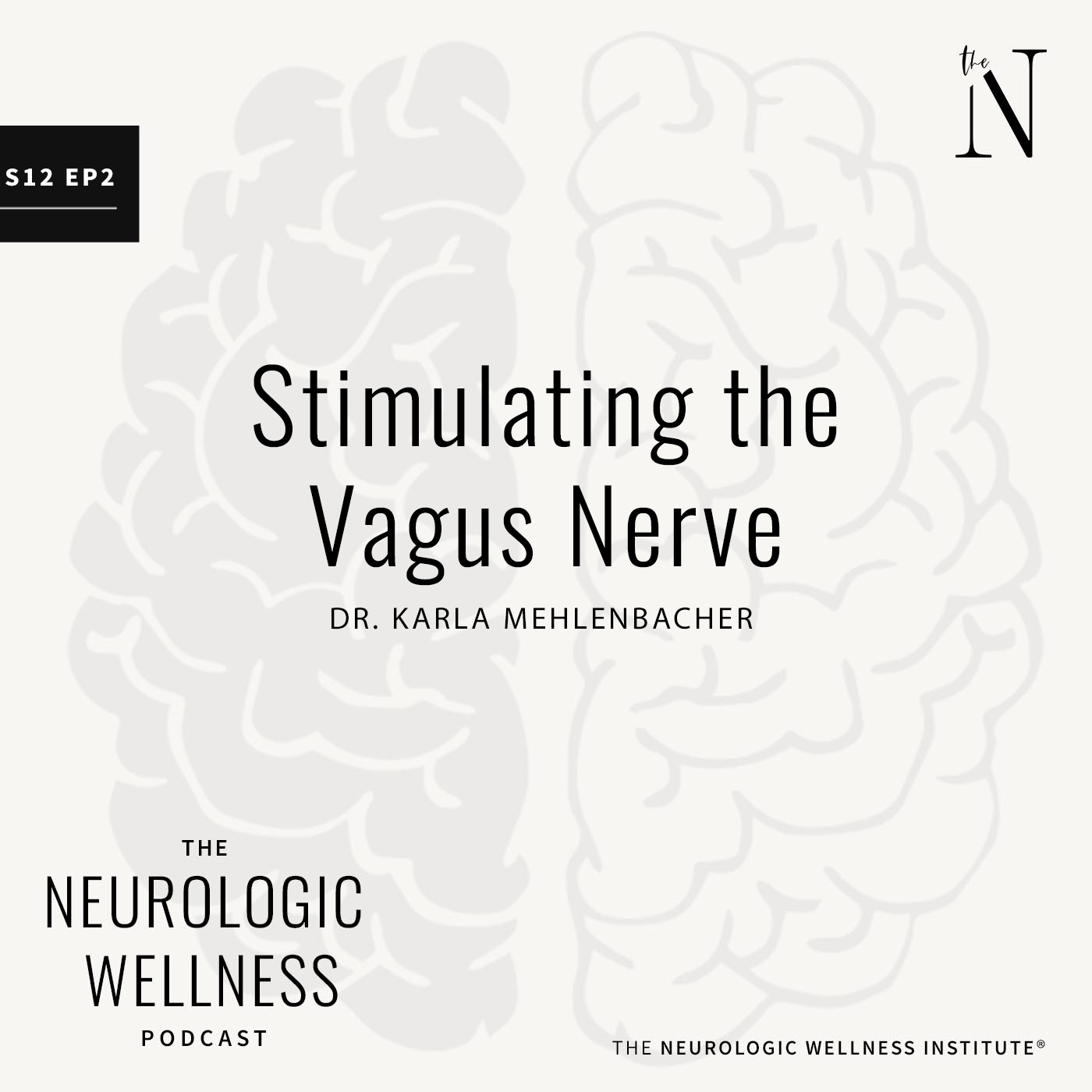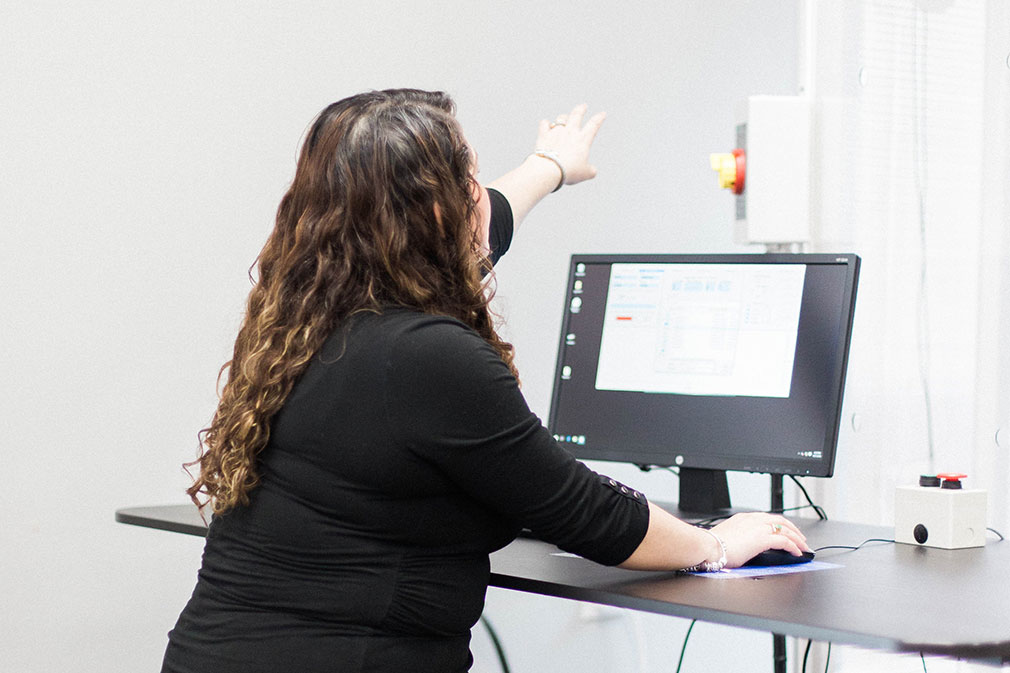
The influence of physical exercise in pregnancy is a controversial issue. Historically, pregnant women have often been encouraged to reduce physical activity and even stop working during pregnancy because it was assumed that physical reduced the circulation throughout the placenta and, as a consequence, increased the risk of problems such as miscarriages, preterm deliveries, and intrauterine growth restriction. However, in recent years, most practitioners usually recommend that pregnant women should engage in regular exercise during pregnancy.
Benefits of Regular Exercise on the Birthing Process
It has been shown that regular physical exercise increases the frequency of normal delivery, and when exercise is performed during the second and third trimesters, it results in reduced cesarean delivery rates. Physical exercise increases the likelihood of normal delivery probably due to an improvement in maternal cardiovascular function and/or a limited pregnancy weight gain. Mothers who exercised also had shorter hospital stays, fewer complications, shorter labor, and less preterm labor for both them and their babies compared to mothers who did not exercise during pregnancy. The current guidelines in many countries suggest pregnant women exercise at least 150 minutes per week. This should include aerobic activity at a moderate intensity level.
Benefits of Regular Exercise for the Fetus
Numerous studies have found that exercise during pregnancy, whether acute or chronic, is not harmful to the fetus and may benefit development in utero and after birth. Research also supports that exercise while pregnant may be beneficial to the heart and brain development of the baby. Physical activity during pregnancy decreases the risk of gestational diabetes by managing weight gain as well as creating better control over blood sugar levels.
Conclusion
Overall the evidence currently supports exercising during pregnancy for decreasing the baby’s risk of chronic diseases such as obesity, diabetes, and cardiovascular disease.
For more information on the type of conditions, our clinicians help with, schedule a consult with one of our patient care coordinators.
References and Studies
-Domenjoz et al. Effect of physical activity during pregnancy on mode of delivery. American Journal of Obstetrics and Gynecology. 2014.
-May. Effects of maternal exercise on labor and delivery. Physiology of Prenatal Exercise and Fetal Development. 2012.
-Moyer et al. the influence of prenatal exercise on offspring health. Clin Med Insights Womens Health. 2016;9:37-42
-Poyatos-Leon et al. Effects of exercise during pregnancy on mode of delivery. Acta obstetricia et Gynecologica Scandinavica. 2015;94:1039-1047.




